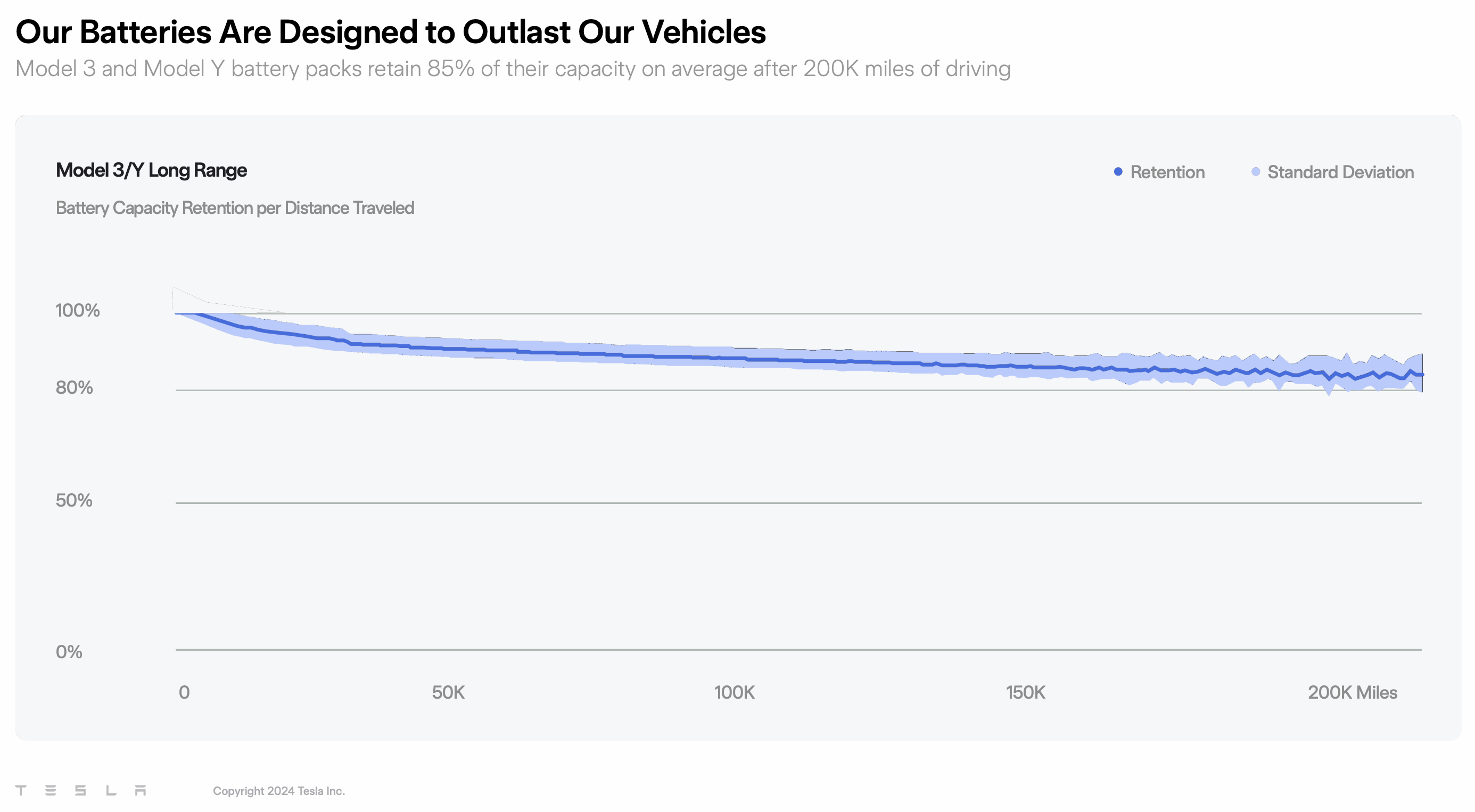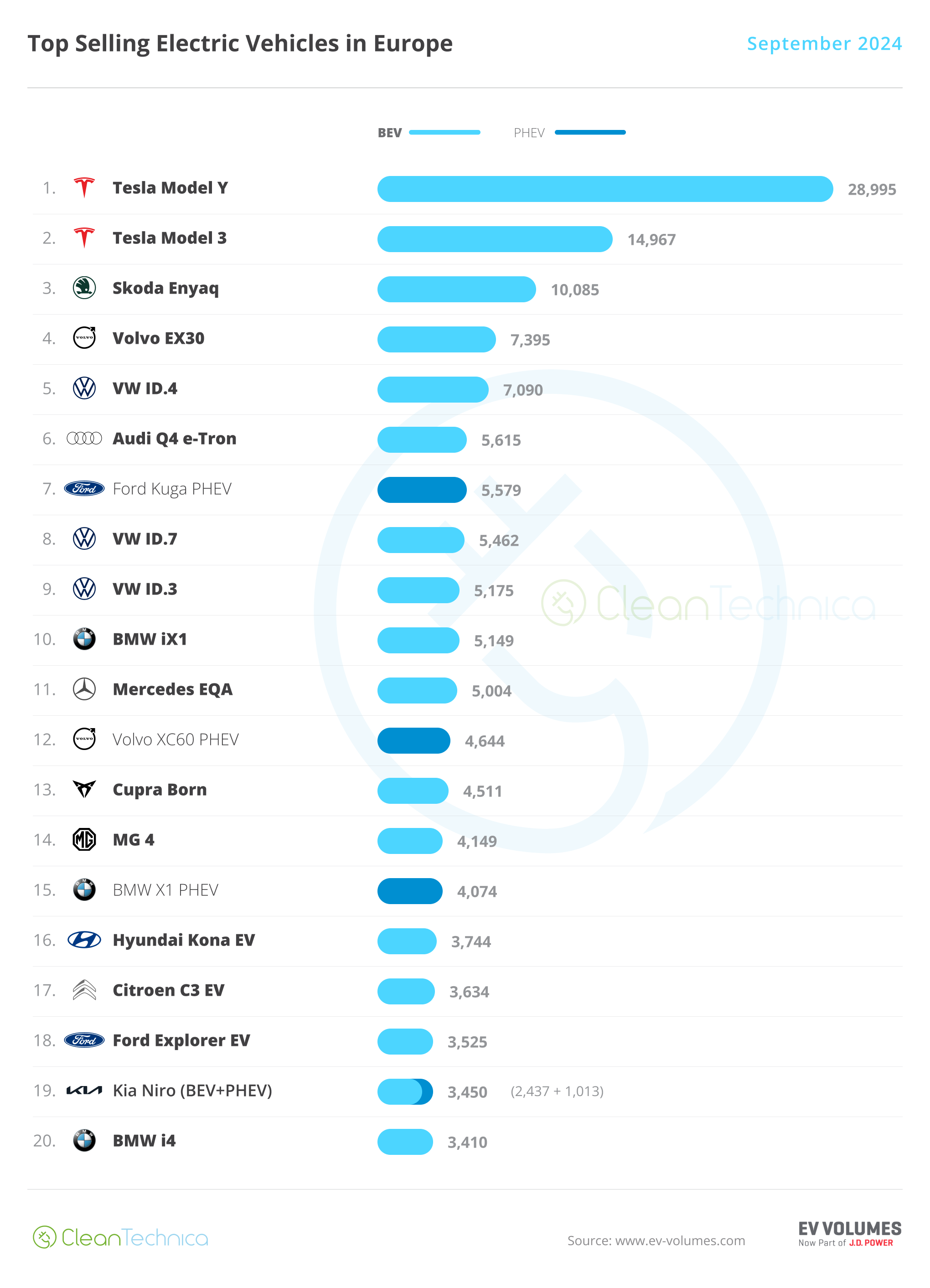Sign up for daily news updates from CleanTechnica on email. Or follow us on Google News!
Over the years, we’ve gotten quite a few e-bikes in to review. I don’t do every kind of riding, and I don’t have time to do long-term tests on every bike, so I often recruit friends and family to join in. They get a bike, and I get better information than I’d get if I tried to ride 10 bikes with one butt.
One really cool bike I did this with was the Urtopia Carbon One. If I did more city riding, I’d have kept that one in my shed, but my brother is working on a second degree on a very large college campus. The efficiency, the non-obvious electric power, the light weight, and many other features served him very well over the last 11 months. But, there was one thing we hadn’t tested: the anti-theft features.
The bike has some really cool features, including an alarm that goes off if the bike moves while locked, and some GPS tracking features. Combined with a good bike lock, it’s a lot more high-tech and advanced than Pee Wee’s preferred solution.
But, there were some people willing to help us with this testing. Despite using a very nice bike lock and parking the bike in a high-traffic location on the campus, my brother had his very own re-enactment of this scene from Pee Wee’s Big Adventure:
While my brother didn’t pass out, call a crazy neighborhood meeting, or accuse the Soviet Union of stealing the bike, he did manage to figure out who stole it (and it wasn’t Francis). When the bike battery started getting low, the people who took it had apparently been dumb enough to connect the bike to a wifi network. This allowed the bike to send its GPS coordinates, allowing my brother to pinpoint the bike’s location.
You’d think that with that information, the police would be able to do something about it. After all, he had evidence that the stolen bike was at a particular location. So, the police should be able to use that probable cause to search, or at the very least, submit that probable cause to a judge to get a warrant, right?
But, that wasn’t the case. The local police said they couldn’t do anything but knock on the door. When the people inside refused to answer the door, they said there was nothing they could do. They said the GPS information from the stolen bike simply wasn’t enough. Nor would location information from other tracking systems, like Tile trackers or Apple Airtags.
Criminals are apparently aware that GPS trackers are insufficient probable cause (at least by our local department’s standards), so they know they can just get away with theft if they don’t find the hidden GPS trackers in things they steal.
Looking into it further, my brother’s experience is common. In many places, the police will not only refuse to do a search, but won’t bother with attempting to get a warrant. To get the answer of “Why?” answered, I ended up finding a video by YouTube attorney Steve Lehto:
For people unfamiliar with the U.S. Bill of Rights, it starts with the Fourth Amendment, which states:
“The right of the people to be secure in their persons, houses, papers, and effects, against unreasonable searches and seizures, shall not be violated, and no Warrants shall issue, but upon probable cause, supported by Oath or affirmation, and particularly describing the place to be searched, and the persons or things to be seized.”
In other words, the police can’t just go searching people or their property unless there’s probable cause to do so. There must be some evidence of a crime and evidence of the stolen property for the police to go in and get it. But, courts have been arguing over what “probable cause” means since not long after the Constitution was ratified and the Bill of Rights voted into law by the first states.
For non-U.S. readers, many other countries have similar provisions in their laws that protect your privacy, but they’ll often differ in significant ways from U.S. law. Be sure to check on that in your jurisdiction.
Lehto says that he think most judges would authorize a warrant in such circumstances, as the probable cause is fairly clear as long as other facts are verified (the person with the airtag owned the bike, etc). There may be a chance that the thief gets charged with a crime and gets the evidence suppressed, thus getting off the hook for the crime, but that doesn’t mean they get to keep the stolen bike, so there’s really no risk to this move.
But, there’s also an opportunity cost. In some places, the police won’t pursue the warrant because they don’t think property crimes are worth their time. They’d rather spend their time worrying about crimes, eating donuts, or parking beside the highway to sleep next to a radar gun. In some cases, the other things may be real. In others, it’s just laziness. In some very corrupt towns, it could be that the local government wants them out seeking revenue instead of serving the public.
There may also be places where police know a judge won’t do the warrant based on GPS data. But, that’s an even bigger problem, often with elected low-level local judges who didn’t set foot in law school or don’t want to be bothered at night.
The Bigger Problem Here
No one bike is a big deal. Even an expensive bike can be replaced, and many people carry insurance on expensive personal property. Even if uninsured, you can always find another one, even if coming up with thousands again sucks.
The bigger problem here is that bike thieves are putting clean transportation at risk.
First off, you can’t really stop them these days. They carry battery-powered angle grinders (ironically an invention enabled by modern lithium batteries), nailgun-driven pistons that break locks, and other tools that quickly and relatively quietly knock out the best locks. Even if they have to spend a minute on it, most people won’t spend the time to confront them or report their activity to the police because they’re afraid of the thieves.
Second, they know when the local police won’t do anything. They figure this out pretty quick and tell their associates. With no consequences for their actions, they’ll do it over and over and over.
Who in their right mind wants to spend big bucks on an e-bike when the thieves can just walk away with it? It might be the very best tool for the commuting job, but at the end of the day, a stolen bike can’t take you to work or to run errands. This leaves many people unwilling to even try replacing some of their car trips with a bike (myself often included).
Possible solutions include requiring employers to provide some secure bike storage, folding bikes and scooters you can take into work or class and keep an eye on, and better security systems that actually prevent the theft. But, we’d better figure this out if we actually want people to ride e-bikes.
Featured image by Jennifer Sensiba.
Have a tip for CleanTechnica? Want to advertise? Want to suggest a guest for our CleanTech Talk podcast? Contact us here.
EV Obsession Daily!
I don’t like paywalls. You don’t like paywalls. Who likes paywalls? Here at CleanTechnica, we implemented a limited paywall for a while, but it always felt wrong — and it was always tough to decide what we should put behind there. In theory, your most exclusive and best content goes behind a paywall. But then fewer people read it!! So, we’ve decided to completely nix paywalls here at CleanTechnica. But…
Thank you!
Community Solar Benefits & Growth
CleanTechnica uses affiliate links. See our policy here.




